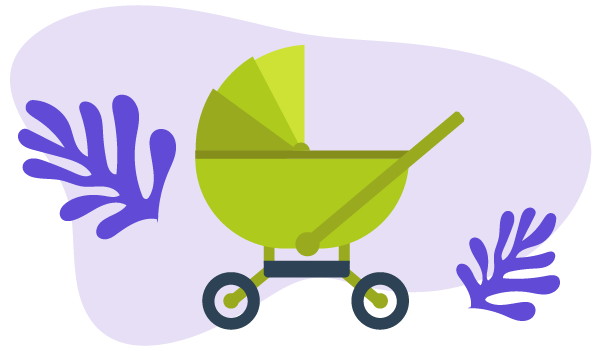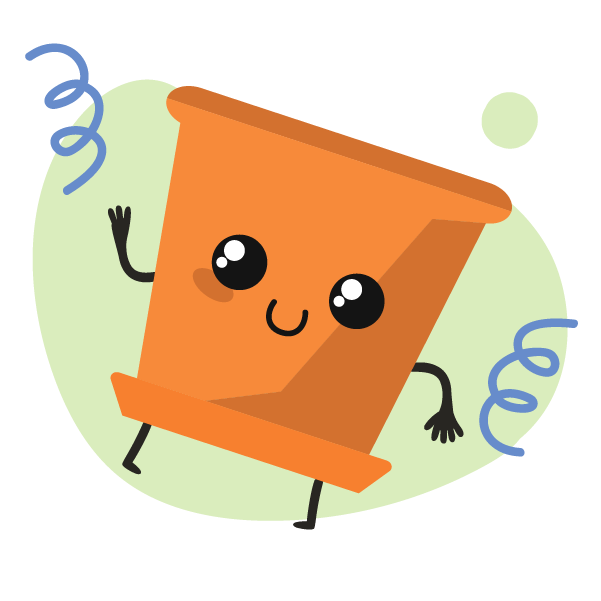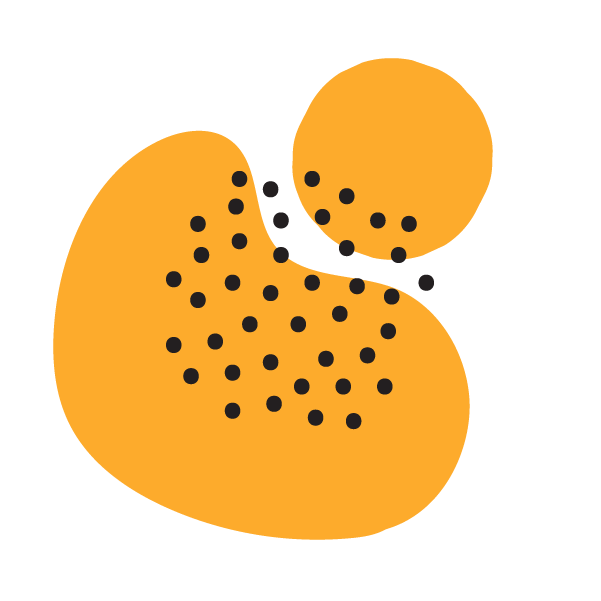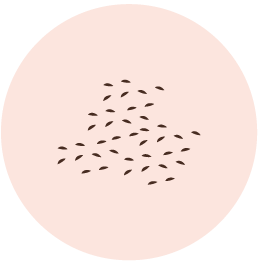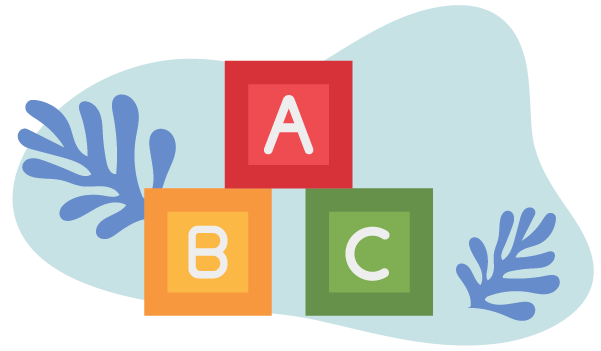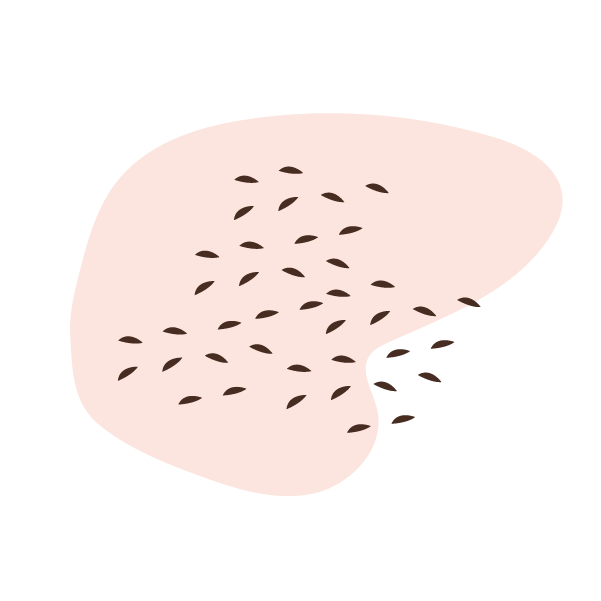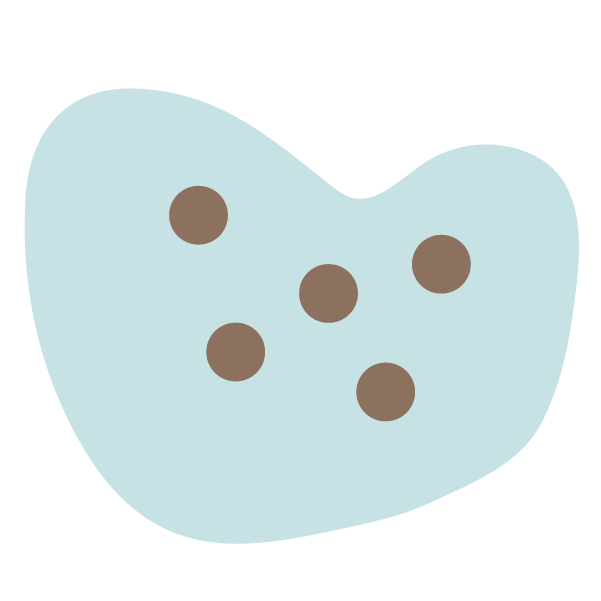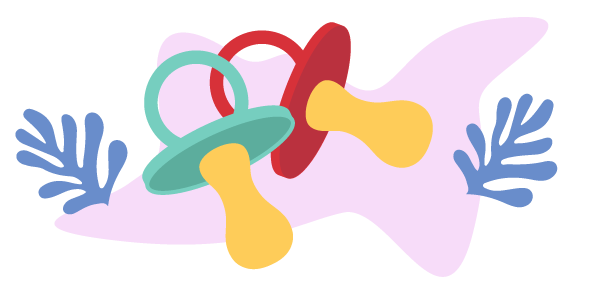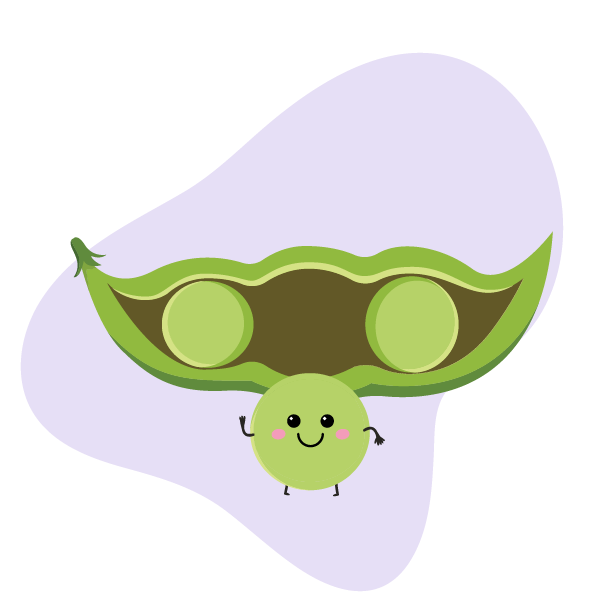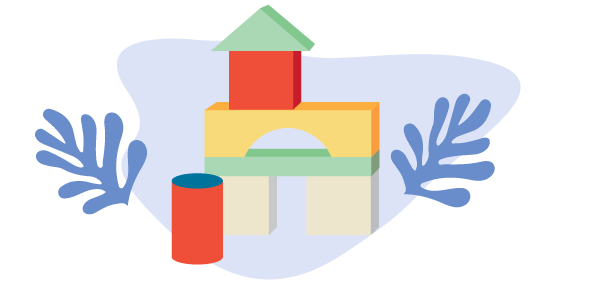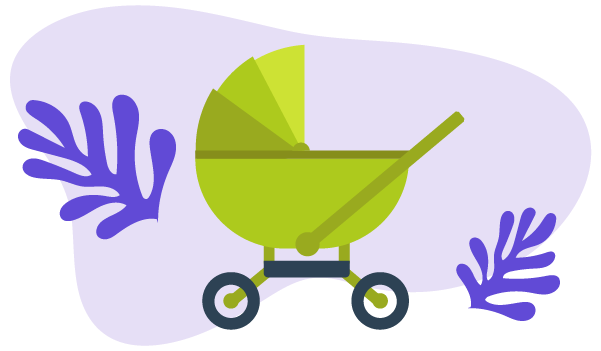In this week, along with the folic acid that you’re already taking, your gynecologist will probably suggest two other important supplements for pregnancy. These are iron and calcium (usually combined with vitamin D). They are prescribed now and not earlier because during this week nausea usually subsides, hence they are better tolerated.
Your energy levels return gradually back to normal. So, it is time to start exercising if you have not already done so. Moderate-intensity exercise, such as walking, yoga, pilates, or resistance training, is ideal for pregnancy.
Do not forget to put your sunscreen on whenever you are exposed to the sun. A pregnancy-safe sunscreen will protect your skin from UV rays and prevent the appearance of chloasma, or more commonly known as the “mask of pregnancy”.
Your belly and breasts get bigger. As a result, the skin that covers these areas starts stretching, resulting in the appearance of stretch marks. To prevent this from happening, make sure you keep your skin always hydrated, using cream or essential oil.
From this week on, you can start creating your pregnancy diary. There is a special and beautiful way to do this. Take a picture of yourself every week and paste it into a book writing down your thoughts. This way, you will make a timeline of your pregnancy, which you will be able to browse, both during and after pregnancy. You can also show this diary to your baby when he or she grows up.











